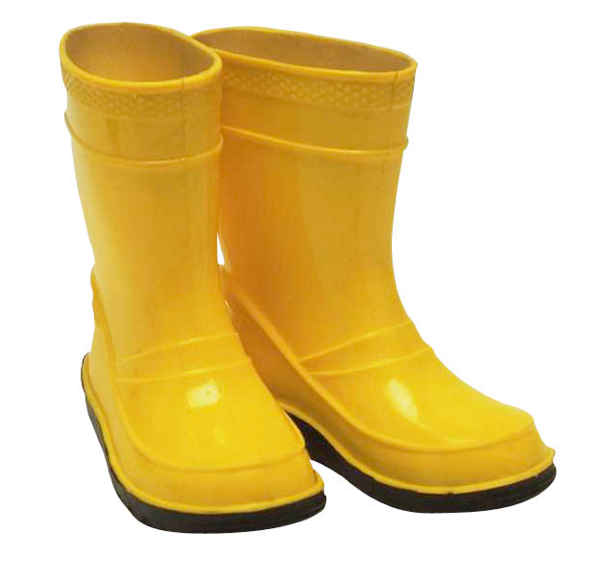
Michael Healey wrote about Lies, Damn Lies & Big Data for Monday’s Information Week. He listed six myths of big data in enterprise IT:
- We understand how much data we have today.
- The data we have today is good.
- Everything will be OK if we can just get more tools.
- There’s an expertise shortage.
- We know what data we need.
- We do something with our analysis.
I think these are just as just as telling for users of personal clouds and personal data infrastructure as for CIOs.
I don’t know how much of my information exists, either in my custody, in the custody of those I trust. Heck, certainly not in the custody of those I don’t know or trust. I’m always surprised at how many terabytes are under my control. I’d be flabbergasted at how much data about me isn’t.
Much of my data is inaccurate; I’ve seen career status on sites not updated in a decade. I’ve see worse in credit reports and government records. My data inventory is incomplete, what I have is blurry, and some is dead wrong.
I’m a toolmaker and I help toolmakers. Tools aren’t enough. I need new awareness, habits, and attitudes to deal with torrential data. And I’m betting the first wave of tools to help me survive our personal data flood won’t accurately model me, my data, my new mindsets, or my target behaviors. We’re still in the trial by error stage.
I’m not alone with new coping methods to learn, behavior to modify, and friends to support. Billions of us are in this flotilla together. And yet I don’t have many role models to guide me. Do you have copies of all the radiology images from your dentist and doctors? In digital formats? How about your school transcripts? Or a complete backup of your email accounts? Do you know someone who does? Please introduce me.
And I really don’t know what data I’ll need. Should I be asking for copies of my primary school report cards? How about my insurance company’s records? I don’t know what I don’t know. I don’t know what problems or opportunities I’ll face and what data could help or harm me. I’m naive in the face of this new situation. Scared, too.
Even if toolmakers address all of this, deliver solutions all wrapped in a bow, will I act? Have I internalized the need to make managing my digital personas, my shadow identities, as much a part of my everyday life as brushing teeth and paying bills? I’m not there yet. I think most people aren’t there.
So we have human work to do, in addition to making and connecting great tools.
We need better charts of our personal data seascape. Especially the parts not yet under personal control.
We need ways to verify and correct our data. Or at least to scrub bad data.
We need new ways of thinking and feeling about the digital parts of ourselves.
We need new behaviors to assure our data is healthy, controlled, and useful.
We need heroes to show us how to live with a vibrant alterdata.
We need fables that help us make sense of our own stories, of data use and abuse, of happiness and dangers. Stories of what sensible heroes do. And the tragic ones. Aesops and Grimms, please.
We need easy ways to take control. Baby steps, modest expectations, a long string of reliable successes. Small wins so become confident owners.
It just started to rain hard as I’m writing this. The clouds are here and it’s pouring in Oakland. Time for galoshes.